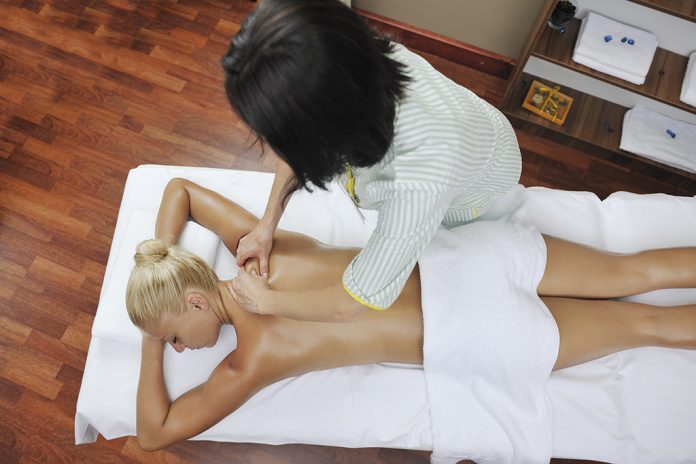Many students face difficult times and stressful situations, but have no output for that tension. The resulting stress can put pressure not just on your emotions, but on your body as well. Students find their course loads getting more intense, backpacks getting heavier, and insurmountable pressure is falling on their shoulders. All these things add stress to our bodies, and our muscles do not like it. Necks cramp from peering over mountains of textbooks, shoulders hurt from 1,000 pound backpacks, and jaws are tightly clenched from the stress of getting everything done. The best way to help yourself in these situations is to go to a massage therapist.
While massage therapy is generally considered pricey, many healthcare providers have begun to cover these visits. If referred by a doctor, the student plan at UFV will cover $30 per visit, up to a maximum of $300 per year. The understanding behind muscle therapy is growing more prominent, as muscles can affect us in many negative ways. Feelings of tiredness, dizziness, headaches, depression, and anxiety can all stem from the mistreatment of muscles. When the muscles are tight and not working the way they should, the whole body cannot function to its utmost ability.
In an interview, massage therapist Jennifer Leiper further explained the positive effects of massages on students.
Why should students seek massage therapy?
Massage therapy has many positive benefits on the human body. Decreasing stress and tension in the body can help students to sleep more soundly, which in turn can improve stress management and cognitive focus with the workload of school. Possibly helping with a greater outcome to the learning experience in general.
How can tight muscles negatively affect other parts of the body?
Tight muscles or, hyper-toned muscles being the scientific term, can negatively affect the body in many ways, such as decreased circulations to that area of the body causing pain and misuse of muscle groups, decreased nervous system function, and decreased respiration all leading to a decrease in brain function.
What are ways students can help their muscles at home?
Students can help their muscles at home by following a regular workout routine 30 minutes a day, five days a week, followed by daily stretches. The exercise can be as simple as a short walk or yoga routine. This improves blood circulations and will help decrease stress and tension within the body. Other ways would be using heat packs on the shoulders and having regular baths, while being sure studying is done sitting at a desk with proper ergonomics and taking regular study breaks. Attending regular massage therapy sessions with a good RMT (registered massage therapist) is a way to not only receive treatment and help with functionality of the body as a whole, but they are very good at prescribing exercise and stretching routines that are easily incorporated into a busy student’s life.


